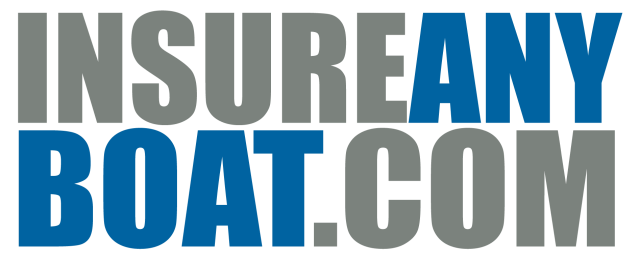As with your vehicles, there is a great deal of responsibility that comes with owning a boat or yacht. Not only are you responsible for the maintenance of your vessel, you should also insure it against damages and personal injury to you and your passengers. Unfortunately, purchasing a policy can be challenging and understanding it can be very difficult for some individuals. So before you purchase a policy and sign on the dotted line, here are a few things that you need to be aware of.
Actual Cash Value or Agreed Value? The cost of your policy will be based on one or the other depending on the following:
- Actual Cash Value covers a total loss. The payout is based on the vessel’s current market value. In the event of a partial loss, you would be reimbursed for the vessel’s value less your deductible and depreciation. It will cost you more to get back out on the water, but you’ll pay less initially.
- Agreed Value pays you the agreed upon value of the vessel in the event of a total loss. If it’s a partial loss, it will be subject to the amount of the deductible and any items that are adjusted to compensate for depreciation. After you’ve paid the deductible, any boating equipment loss is replaced “new for old.” You’ll know the exact amount you’ll be reimbursed for a total loss and what it will cost out of pocket for a partial loss.
An accident occurs when you aren’t driving your vessel – if a family member or someone else is operating your vessel with your permission and aren’t paying you to use it, they’ll usually be covered by your policy. However, if you lease or rent your boat to another party, any coverage you have will not apply if they get into an accident when using your vessel.
Coverages that should be included – coverage for the boat, engine, equipment, and trailer should be included in your policy. It should also include coverage for bodily injuries, liability coverage for damages to property, and medical payments coverage for any injuries that occur onboard your vessel.
There are additional options that you can purchase – for instance, if you need it, you can pay for:
- depreciation waivers
- freeze and ice damage
- guide coverage (applies to vessels less than 27’ in length)
- personal effects coverage
Trailer coverage – don’t assume that coverage for your boat trailer will be included in the cost of your premium. You may or may not have to pay a small premium amount for separate coverage. Although bodily injury and 3rd party property damage aren’t covered when the trailer is in use, any physical damage to it is.
Hopefully, this information will be helpful and eliminate any confusion, frustration, and stress you may be experiencing when selecting a boat insurance policy.
Call 1-800-585-1665 today to request a quote from InsureAnyBoat.com
